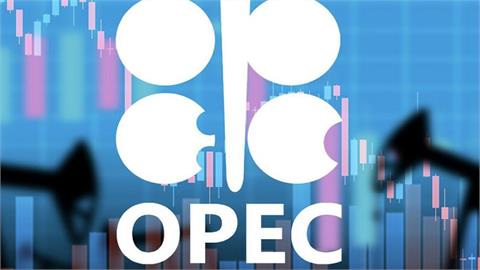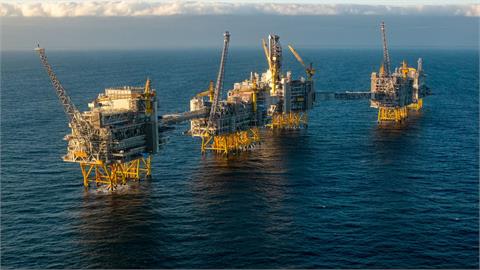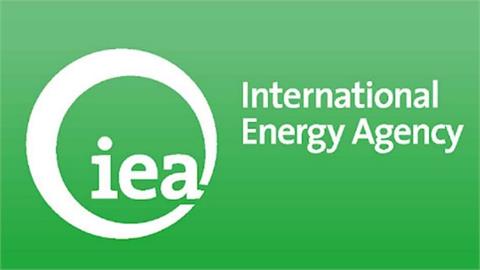Serbia could lose European Union funding for a major pipeline project if it fails to reform indebted gas company Srbijagas by July, an organisation in charge of extending the EU's energy policy to would-be member states said on Monday.
Under pressure to liberalise its gas and power markets on the road to EU membership, Serbia in 2014 adopted a plan to separate the transport and supply arms of the state-owned utility by the end of June, turning it into a holding company incorporating the two units.
But Janez Kopac, who heads the Energy Community - an international body established by the EU and eight aspiring member states - said "there has been little progress since."
Saddled with debts of 1 billion euros ($1.2 billion), but a valuable source of political influence, Srbijagas has for years avoided being broken up due to fears among company executives and their political overseers about losing market monopoly.
"We gave the government a July deadline to complete restructuring and if that does not happen we will propose sanctions for Serbia," Kopac told journalists in Belgrade.
He said sanctions would include withholding 50 million euros of EU funds allocated for a gas pipeline link between Serbia and Bulgaria.
"From what we have seen so far, we have no credible reason to believe Serbia will meet this deadline," Kopac said.
Serbia is in the midst of the campaign ahead of April 24 parliamentary elections and it could take weeks to form a new government after that, though Kopac said this had not caused a delay.
The gas pipeline with Bulgaria is crucial for Serbia's aim to diversify its gas supplies and reduce dependency on Russian gas, which accounts for more than 80 percent of its needs.
It would also make it possible for Serbia to receive gas from the Trans-Adriatic Gas Pipeline (TAP) and the Trans-Anatolian Gas Pipeline (TANAP), as well as from the liquefied natural gas (LNG) terminal in Alexandroupolis, Greece, which will be connected to TAP.
The Energy Community was established in 2006 under a treaty
signed by the EU and a number of countries in southeastern
Europe that aspire to join. It reports annually to the bloc on
progress made in harmonising energy legislation.
(Reuters)



